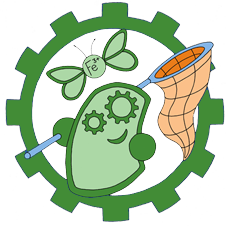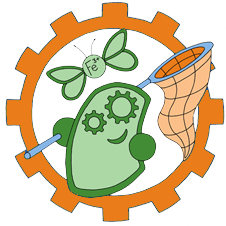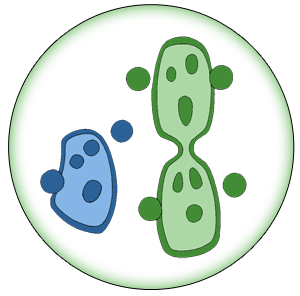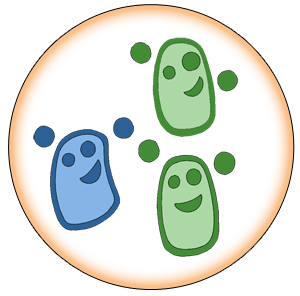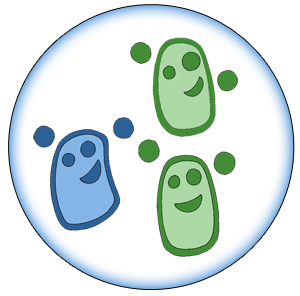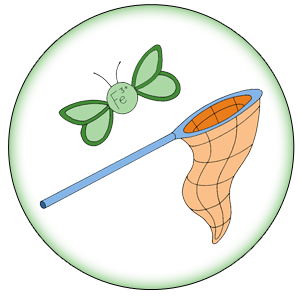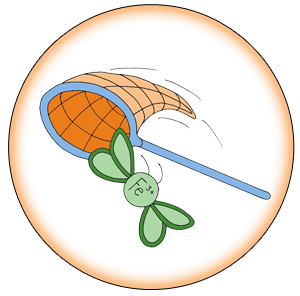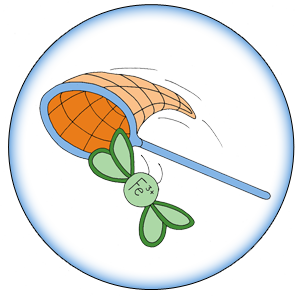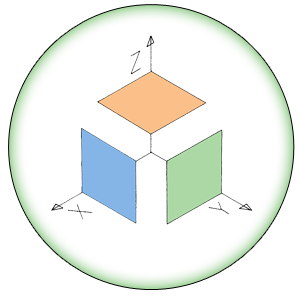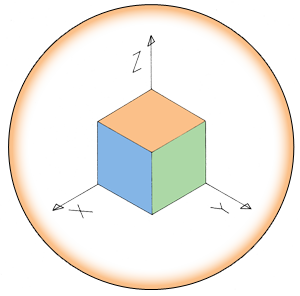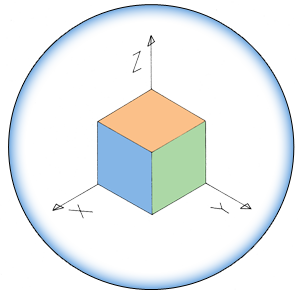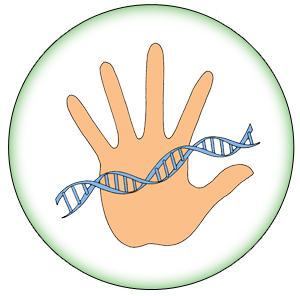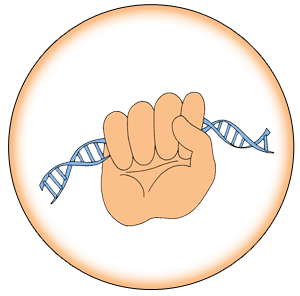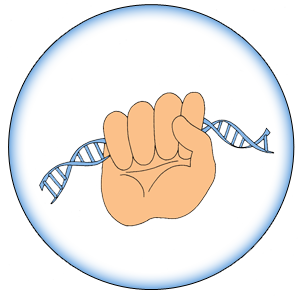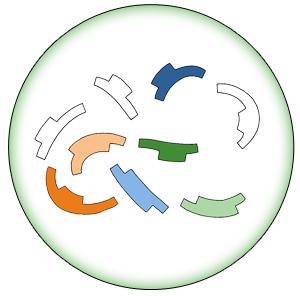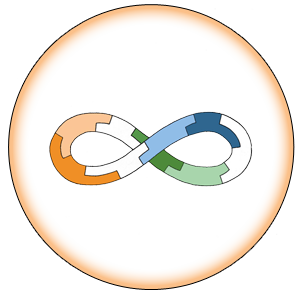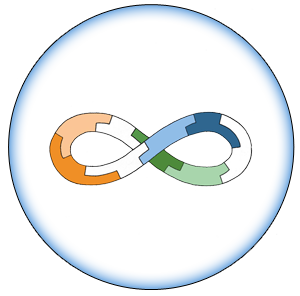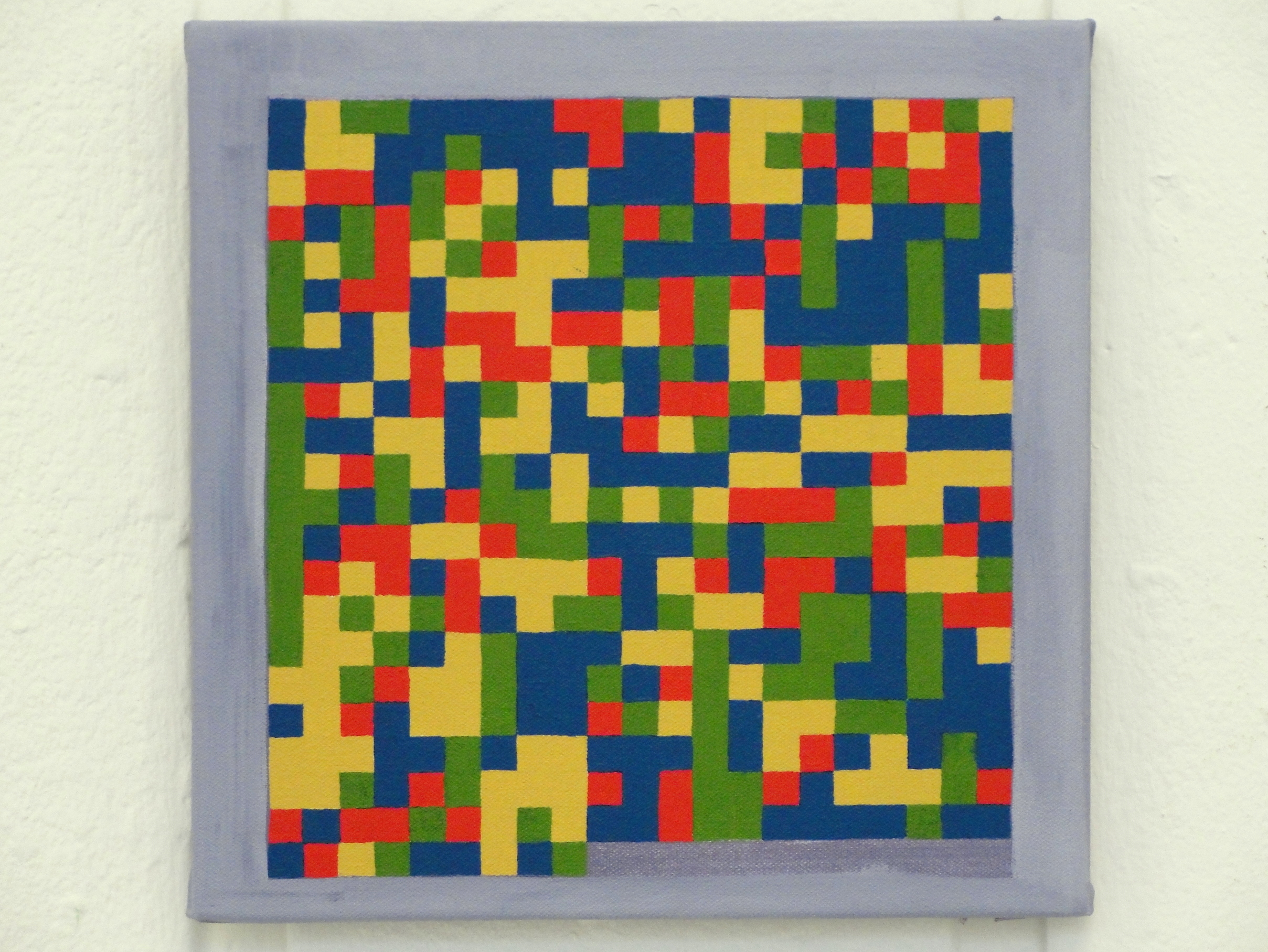Team:Edinburgh/Human Practices/Arts
From 2013.igem.org
Hristianita (Talk | contribs) |
Hristianita (Talk | contribs) |
||
| Line 5: | Line 5: | ||
<h3> Bagpipes </h3> | <h3> Bagpipes </h3> | ||
| - | |||
<html><span style="text-align: center"> <iframe class="bagpipes" width="420" height="315" src="//www.youtube.com/embed/Z_AHBSvXHDM?rel=0" frameborder="0" allowfullscreen></span></iframe></html> | <html><span style="text-align: center"> <iframe class="bagpipes" width="420" height="315" src="//www.youtube.com/embed/Z_AHBSvXHDM?rel=0" frameborder="0" allowfullscreen></span></iframe></html> | ||
Revision as of 21:50, 4 October 2013
Bagpipes
Painting
As a part of the European Jamboree this year the team was asked to produce a piece of artwork on the theme of Synthetic Biology. To this end our artist in residence, Gavin, decided to create a painting which combined the disciplines of science and the fine arts. The painting he made is a visualisation of a section of the DNA on which we were working, which codes for the Fur protein, which binds to iron. The piece uses the formulaic approach to working he witnessed in the laboratory to create an abstract painting. It makes use of the inherent simplicity of the DNA structure to create a set of rules which dictate how the image is constructed. The sequence can be read from top left to bottom right, with each colour representing one of the four bases (blue – adenine, yellow – thymine, green – guanine, red – cytosine), and the purple frame representing the base sugar and phosphate backbone. Without foreknowledge of the subject matter, the painting can also be read as a piece of purely random abstraction. The tactile, handmade aesthetic strips the image back another level from its austere subject matter, and draws attention to the tension between the two. In this way, it attempts to reconcile the working practices of the scientist’s laboratory with that of the artist’s studio.

| 
| | | | 
|
| This iGEM team has been funded by the MSD Scottish Life Sciences Fund. The opinions expressed by this iGEM team are those of the team members and do not necessarily represent those of MSD | |||||
 "
"
